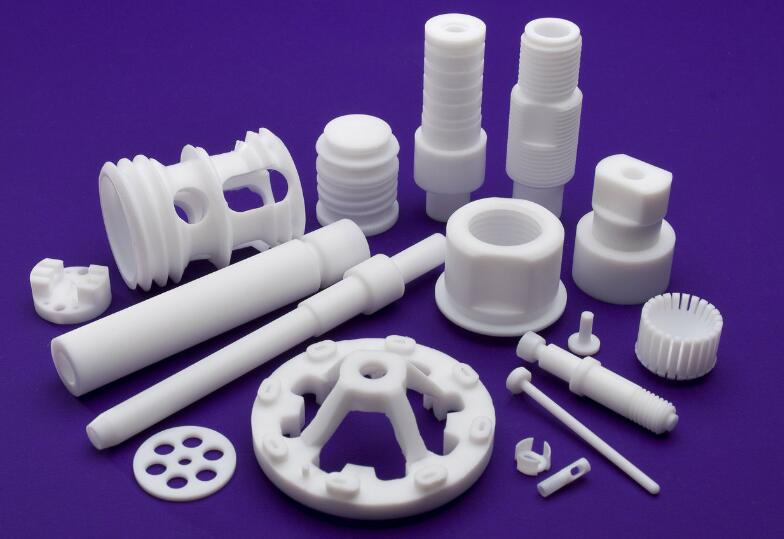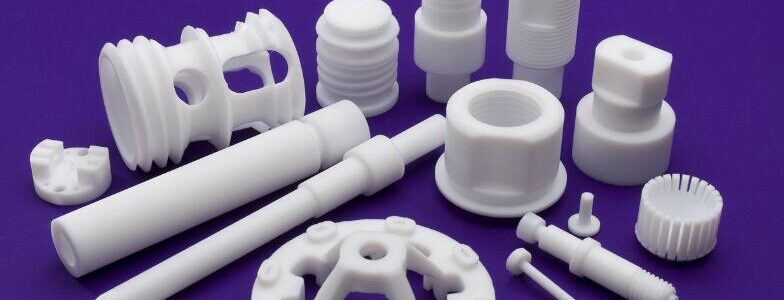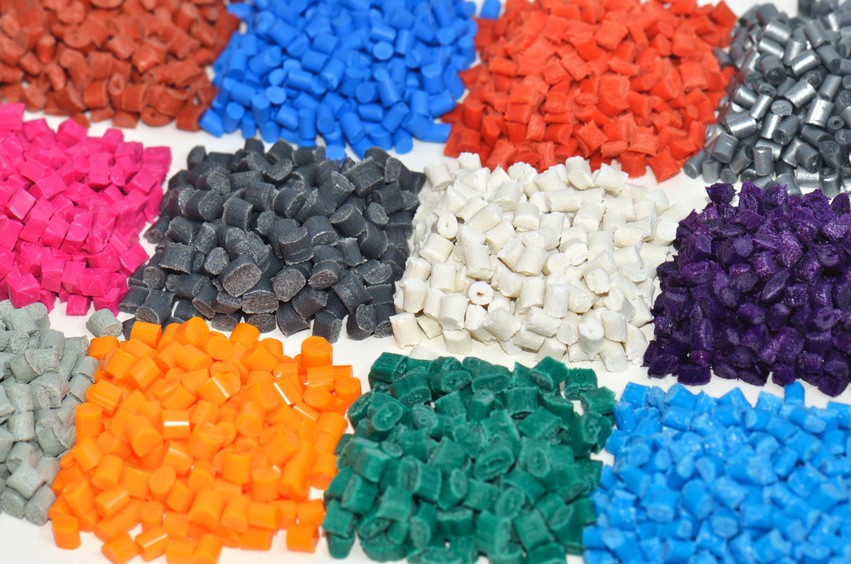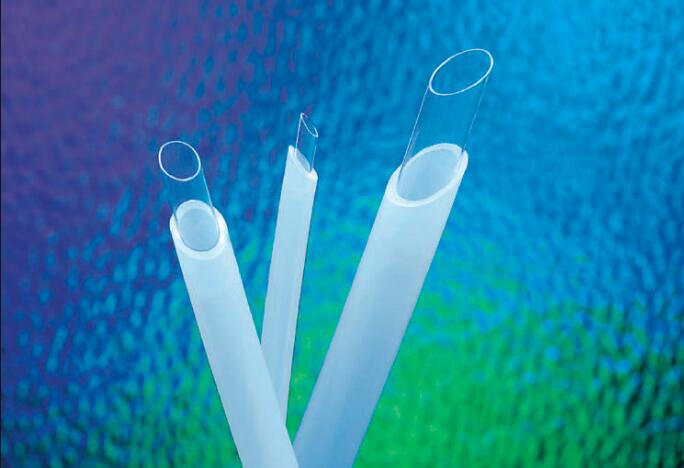PTFE (Polytetrafluoroethylene) Teflon ® The combination of chemical and physical properties of PTFE is a consequence of its true fluorocarbon structure. This unusual structure leads to a material which has an almost universal chemical inertness; complete insolubility in all known solvents below 300°C; excellent thermal stability; and unsurpassed electrical properties, including low dielectric loss, low dielectric constant and high dielectric strength. Furthermore, PTFE does not embrittle at very high or at very low temperatures.
Corona Resistant PTFE is a corona resistant form of PTFE. It is a homogeneous insulation having essentially all of the properties of pure PTFE, but having approximately a thousand-fold longer high-voltage life. Corona Resistant PTFE is unique among high voltage insulations in its excellent resistance to electro-mechanical and chemical-mechanical stress cracking.
FEP (Fluorinated Ethylene Propylene) Teflon ®, life PTFE, has a fully fluorinated structure which leads to excellent chemical, thermal, and electrical properties. However, the high temperature limit for FEP is lower than PTFE, approximately 200°C instead of 260°C. FEP has good melt-flow characteristics which permit melt bonding to itself, to Kapton film, and to PTFE.
KAPTON ® Polyimide Film (Type H) is a polyimide film which possesses a unique combination of properties among polymeric film materials. The ability of Kapton to maintain its excellent physical, electrical, and mechanical properties over a wide temperature range has opened new design and application areas for wire and cable. A flame-resistant material, Kapton polymide retains good strength above 500°C for a short time, and has a zero strength temperature above 800°C. There is no known organic solvent for the film and it is infusible and does not melt. Adhesives are available for bonding Kapton polyimide to itself, to metals, and to other films. Kapton (Type H) film is a laminate of polyimide and FEP which is heat-sealed to itself above the FEP melt temperature. Application for Kapton film include wrapped insulations for wire and cable, isolator over multi-core cables for high-temperature jackets, and laminated insulations for flat cable.
Polyurethane Extraordinary toughness and abrasion resistance are characteristics of polyurethane. As a result, cable jackets can be made considerably thinner than if more conventional jacketing materials were used. In addition, polyurethane has good low temperature performance, good weathering characteristics, and is resistant to oil, gasoline, and non-polar solvents.
PVC (Poly Vinyl Chloride) A good balance of properties: electrical, mechanical and thermal make PVC the choice material for cable jacketing applications where size and weight are not critical.
Silicone Rubber This is a very soft insulation which has a temperature range from -80°C to 200°C. It has excellent electrical properties plus ozone resistance, low moisture absorption, weather resistance, and radiation resistance. It typically has low mechanical strength and poor scuff resistance.





